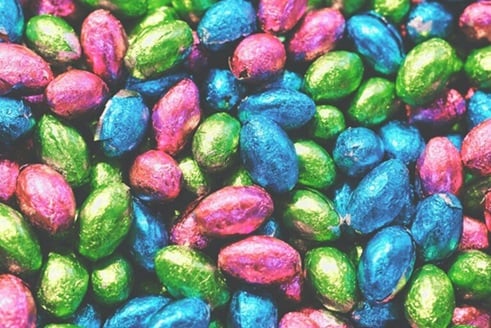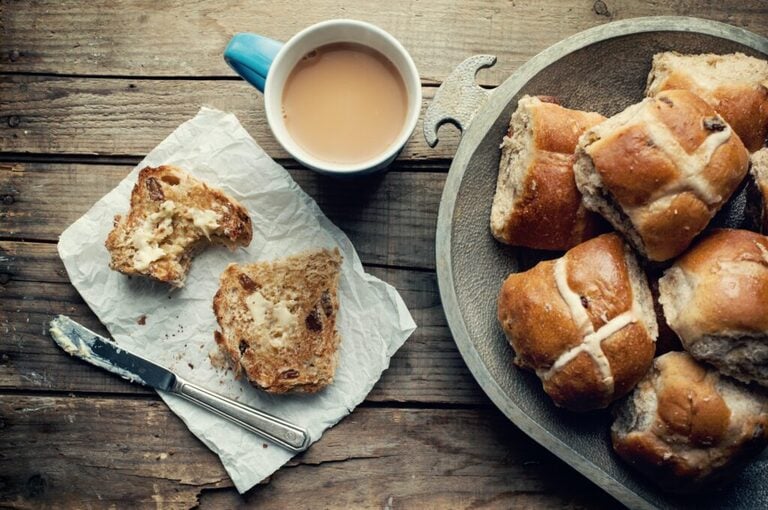Easter is here, and we couldn’t be more excited!
This is the time of year when the sun *should* be shining, the birds are singing, and the flowers are blooming. It’s a time for new beginnings and fresh starts, and of course, chocolate eggs!

Good Friday
This is the Friday before Easter Sunday, and it’s a day of reflection and solemnity for many Christians.
The day is a pivotal event in Christian theology. According to Christian beliefs, Jesus was crucified on Good Friday, sacrificing himself for the sins of humanity and providing redemption through his death on the cross.
This event is the culmination of Jesus’ mission on earth and the fulfillment of prophecies in the Old Testament.
In Christian theology, Good Friday is not a day of despair, but rather a day of hope. It is followed by Easter Sunday, which commemorates the resurrection of Jesus from the dead and presents the victory over sin and death.
Good Friday is a poignant reminder of the sacrifice that Jesus made for the salvation of humanity. It holds deep significance in the Christian faith as a cornerstone event in the redemptive narrative of Christianity
Here are a few traditions that you may not know about Easter.
The Easter Bunny
The Easter Bunny is a beloved symbol of the holiday, but did you know that it originated in Germany?
According to legend, the Easter Bunny brings baskets of eggs and sweets to children who have been good. Over time, the Easter Bunny became intertwined with the Christian celebration of Easter, which commemorates the resurrection of Jesus Christ.
Today, the Easter Bunny is depicted as a cute and friendly rabbit who delivers decorated eggs, candies, and treats to children. The tradition of the Easter Bunny leaving eggs for children to find has become a popular custom in many cultures around the world.

Hot Cross Buns
These sweet buns, which are marked with a cross on the top, have been a traditional Easter treat in the UK for centuries. They are made traditionally with currants or raisins and are best served warm with butter.

There are several reasons why hot cross buns are considered important during Easter in British culture.
- Religious significance: the cross on top, is symbolic of the crucifixion of Jesus Christ, and the spices used in the buns represent the spices used to embalm his body. This religious symbolism makes hot cross buns an important part of Christian Easter traditions, as they are often consumed on Good Friday.
- Historical traditions: dating back to the 12th century, they were traditionally made by monks and given to the poor as an act of charity on Good Friday. Over the centuries, hot cross buns have become a cherished part of British Easter traditions.
- Culinary traditions: hot cross buns have become a staple in British baking, with many families and bakeries passing down recipes and techniques through generations. Baking and enjoying hot cross buns has become a cherished culinary tradition during Easter, where families gather to make and share these delicious treats.
Easter is a time to come together, have fun, and celebrate the season.
We hope everyone has a wonderful Easter filled with happiness, chocolate, and plenty of good times!

